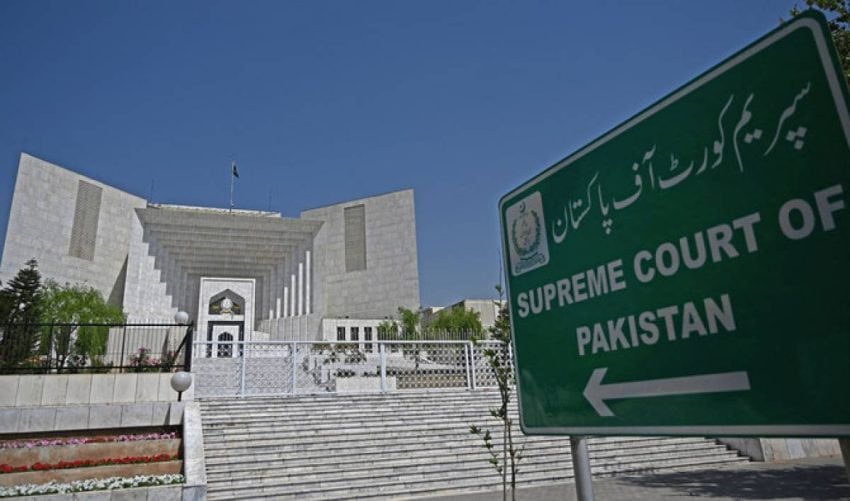ISLAMABAD – The Supreme Court has released a detailed verdict on the transfer case of Islamabad High Court Chief Justice Sarfaraz Dogar, declaring the transfer of high court judges to be in accordance with the Constitution and the law.
Justice Muhammad Ali Mazhar of the Supreme Court authored the 55-page detailed judgment on the seniority and transfer of judges in the Islamabad High Court, stating that the key point or fundamental condition is that before transferring a judge from one high court to another, the President must obtain the consent of the concerned judge.
The detailed judgment emphasized that the second most important aspect is the consultation process, in which the President is bound to consult the Chief Justice of Pakistan and the Chief Justices of both high courts.
The court noted that under the Constitution, the President has the authority to transfer judges, and there is no conflict between Articles 175A and 200. Different provisions address different situations, and the positions under both articles vary accordingly.
The Supreme Court stated that a judge’s transfer is not possible without the judge’s consent and consultation; the decision on transfers falls within the judiciary’s domain, and the judiciary’s opinion takes precedence in the transfer process.
The verdict clarified that the transfer of judges does not affect judicial independence, there was no evidence of malice or retaliatory action in the transfers, and the transfers were carried out in accordance with the Constitution and law.
The detailed judgment also stated that Section 3 of the Islamabad High Court Act 2010 does not restrict transfers, and there was no violation of the principle of provincial representation. The matter has been referred back to the President for determining seniority.













